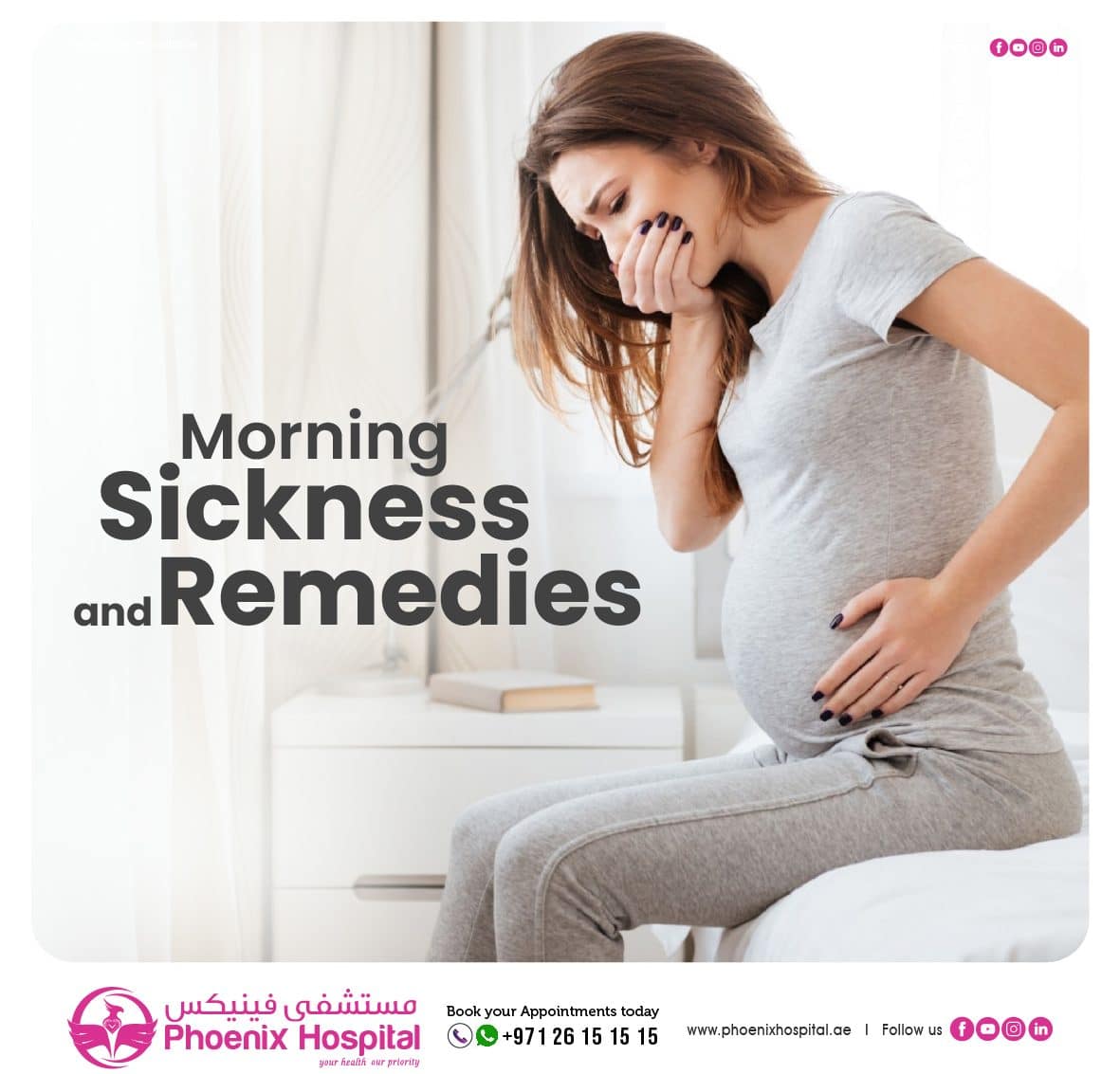
Morning sickness is a common occurrence during pregnancy, especially in the first trimester. For many women, it is one of the first signs that they are pregnant. Morning sickness is characterized by symptoms such as nausea, vomiting, and food aversion. Although it is called “morning sickness,” it can happen at any time of the day or night.
The exact cause of morning sickness is not fully understood, but hormonal changes, specifically increased progesterone and estrogen levels, are thought to play a role. These hormones can slow down gastric emptying, causing food to remain in the stomach for longer periods.
In some cases, morning sickness can progress to a more severe condition known as hyperemesis gravidarum. This condition involves excessive vomiting, dehydration, weight loss, and electrolyte imbalances that require medical intervention and hospitalization.
Let’s discuss some practical remedies which you can implement.
Lifestyle Changes:
Herbal Teas:
Ginger, camomile, and peppermint teas are known to have soothing properties for an upset stomach. Sipping on these teas may help ease nausea.
Lemon balm:
Lemon has a refreshing scent that can help alleviate nausea. Squeeze some fresh lemon juice into water or add it to herbal tea. It is good for digestion.
Post-Meal Habits:
Avoid lying down immediately after eating. Instead, remain upright for some hours to aid digestion and reduce the likelihood of reflux.
Medications:
If your morning sickness is severe and affecting your ability to function or maintain proper nutrition, consult your healthcare provider. They may prescribe medications that are safe to take during pregnancy.
Counseling:
In some cases, vomiting and nausea can be worsened by anxiety or stress. Seeking counseling or support from a mental health professional may help alleviate these symptoms.
It’s important to note that if you are taking any medications, it is crucial to consult with your healthcare provider or obstetrician and follow their prescribed treatment. Avoid taking any medications without proper medical guidance.
Remember, every pregnancy is unique, and what works for one person may not work for another. You have to understand your illness because you are the one who knows what you are going through.